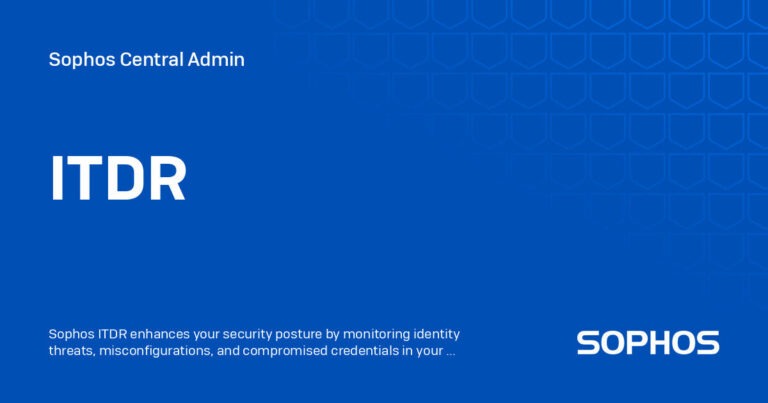4 Top Trends That Will Shape the Data Management Landscape in 2022

This year, the world is a very different place than it was a few years ago. Much has changed, not only in terms of available technologies, but also in terms of how businesses use technology and how they must adapt to a fully remote or hybrid working environment. This has altered how data is used, which in turn has fundamentally altered how data must be managed.
What are the four trends that will shape and affect data management in 2022?
Changing environments, changing behaviours
The introduction of Covid-19 has resulted in a fundamental shift in the working environment. It compelled businesses to adopt remote working, demonstrating that it was far more feasible than previously thought.
Following the pandemic, many organizations have implemented a hybrid workforce to allow employees to work from home at least part of the time. We’ve also embraced online shopping like never before, which has altered retail models and consumer behavior.
What’s the bottom line? Face-to-face meetings cannot be relied on by dataops teams and other data management stakeholders to drive data outcomes. Exploration should be made of automated collaboration tools that make it easier to find, understand, and manage data. Another issue that must be addressed for remote teams is data security, ideally in a way that does not prevent people from working effectively.
No more monoliths
Another trend that has gained traction in the last 18 to 24 months is a shift away from monolithic Enterprise Resource Planning (ERP) solutions that deliver all front and back-office systems and toward specialist tools for specific purposes such as HR, procurement, and Customer Reputation Management (CRM). The transition from a single application structure to a multi-app environment necessitates data migration into the new applications as well as data sharing between them.
This puts data integrity at risk during the migration. Numerous data issues can arise if you don’t understand your data and your ERP’s metadata, and you don’t have a solid data migration plan.
In these new multi-app environments, data quality and master data management solutions have become critical tools for migrating data and assisting businesses in managing data across and between platforms.
Analytics goes cloud
In an effort to gain more meaningful insight from data, many businesses have begun to shift away from on-premise analytics solutions and toward the cloud.
Migrating data to the cloud has always been difficult, particularly when it comes to comprehending on-premise architectures and successfully replicating key functionalities in the cloud. As companies seek actionable intelligence from increasing volumes of data, streaming data pipelines will become the new normal. The ability to quickly identify errors and maintain the integrity of data pipelines will be critical.
Automated metadata harvesting tools, as well as data lineage solutions, can be extremely useful in this situation.
Data privacy concerns must also be addressed and managed, as sensitive data must be safeguarded while remaining accessible for analysis. This is especially difficult in hybrid cloud environments, which necessitate fine-grained access control solutions capable of tracking sensitive data and applying privacy rules across both on-premises and cloud data stores.
Regulatory Implications
The Protection of Personal Information Act (POPIA) continues to have an impact on data strategy and must be taken into account. Emerging legislation in the EU and the United States aimed at regulating the use of Artificial Intelligence (AI) and other emerging technologies must also be taken into account.
Businesses must now document what they are doing with AI and how they are doing it for compliance purposes, which necessitates the use of data privacy, data quality, and data governance tools.
Experts all agree
Data integrity has become critical as data has become the foundation of modern business. Discover what 800+ data and analytics leaders shared about the decisions their organizations are making today that appear to be the most effective in charting a path to data governance maturity and, ultimately, data integrity. You can read the report here: Data Professionals Speak: Data Governance and Data Quality Trends







